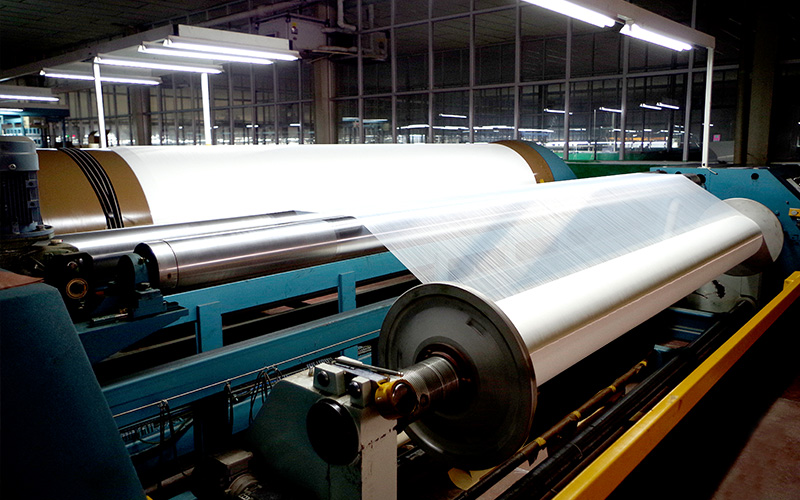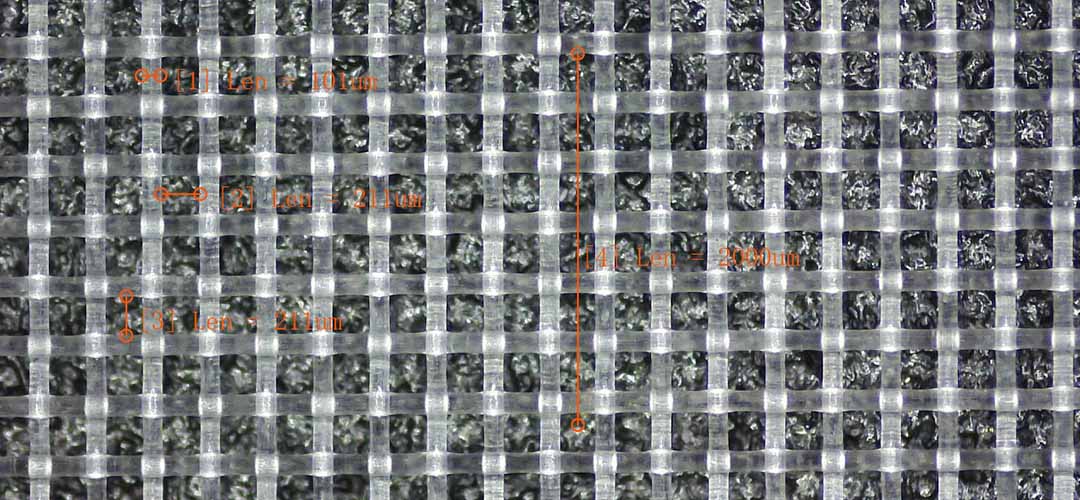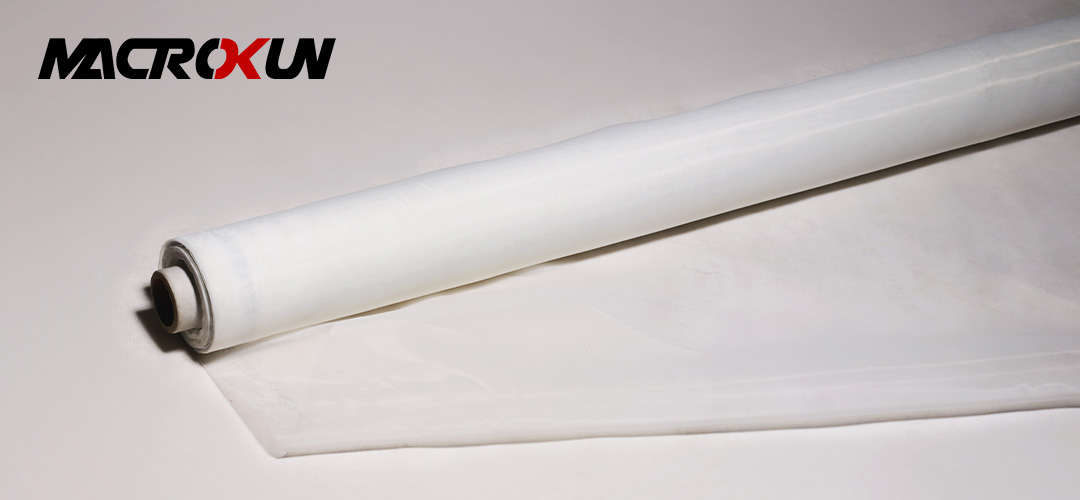Nylon filter cloth mesh is a versatile and essential component in liquid filtration systems. Its unique properties make it an ideal choice for a wide range of applications, from industrial processes to laboratory research. In this article, we will explore the benefits of using nylon filter cloth mesh and why it is considered the backbone of liquid filtration.
One of the key advantages of nylon filter cloth mesh is its durability. Nylon is a strong and resilient material that can withstand high temperatures and pressures, making it suitable for demanding filtration tasks. Whether filtering water, chemicals, or oils, nylon filter cloth mesh can handle the job with ease, ensuring a reliable and efficient filtration process.
In addition to its durability, nylon filter cloth mesh is also known for its excellent chemical resistance. This means that it can be used with a wide range of liquids without fear of degradation or contamination. Whether filtering corrosive acids or organic solvents, nylon filter cloth mesh will maintain its integrity and effectiveness, providing a consistent and reliable filtration performance.
Another benefit of using nylon filter cloth mesh is its versatility. Available in a variety of mesh sizes and configurations, nylon filter cloth mesh can be tailored to meet specific filtration requirements. Whether filtering large particles or fine contaminants, there is a nylon filter cloth mesh option that will deliver the desired results. This flexibility makes nylon filter cloth mesh a popular choice for a wide range of industries and applications.
Furthermore, nylon filter cloth mesh is easy to clean and maintain, ensuring a long service life and optimal filtration performance. With proper care and maintenance, nylon filter cloth mesh can be reused multiple times, reducing the need for frequent replacements and lowering overall filtration costs. This makes nylon filter cloth mesh a cost-effective and sustainable choice for liquid filtration applications.
In conclusion, nylon filter cloth mesh is an essential component in liquid filtration systems, offering a range of benefits that make it the backbone of liquid filtration. Its durability, chemical resistance, versatility, and ease of maintenance make it a reliable and efficient choice for a wide range of applications. Whether filtering water, chemicals, or oils, nylon filter cloth mesh can handle the job with ease, ensuring a consistent and reliable filtration performance. If you are looking for a reliable and cost-effective solution for your liquid filtration needs, consider using nylon filter cloth mesh – the backbone of liquid filtration.
Nylon filter cloth mesh is a versatile and essential component in liquid filtration systems across various industries. Its durability, flexibility, and efficiency make it the backbone of liquid filtration processes, ensuring that impurities are effectively removed from liquids before they are used or disposed of. In this article, we will explore the applications of nylon filter cloth mesh in liquid filtration and how it plays a crucial role in maintaining the quality and purity of liquids in different industrial settings.

One of the primary applications of nylon filter cloth mesh is in the food and beverage industry. In this industry, maintaining the quality and purity of liquids is of utmost importance to ensure that the final products meet regulatory standards and consumer expectations. Nylon filter cloth mesh is used in filtration systems to remove impurities such as particles, debris, and contaminants from liquids like water, juices, and syrups. Its fine mesh size and high filtration efficiency make it an ideal choice for ensuring that the liquids used in food and beverage production are free from any unwanted substances.
Another key application of nylon filter cloth mesh is in the pharmaceutical industry. In pharmaceutical manufacturing, the purity of liquids used in the production of drugs and medications is critical to ensure the safety and efficacy of the final products. Nylon filter cloth mesh is used in filtration systems to remove bacteria, viruses, and other microorganisms from liquids like solvents, reagents, and drug formulations. Its ability to provide a high level of filtration while maintaining a consistent flow rate makes it an essential component in ensuring the quality and purity of pharmaceutical liquids.

Nylon filter cloth mesh is also widely used in the chemical industry for liquid filtration applications. In chemical manufacturing processes, the removal of impurities and contaminants from liquids is essential to prevent equipment damage, ensure product quality, and maintain a safe working environment. Nylon filter cloth mesh is used in filtration systems to remove particles, sediments, and other impurities from liquids like solvents, acids, and chemical solutions. Its chemical resistance, durability, and high filtration efficiency make it a reliable choice for liquid filtration in the chemical industry.
In the wastewater treatment industry, nylon filter cloth mesh plays a crucial role in removing pollutants and contaminants from wastewater before it is discharged into the environment. Wastewater treatment plants use nylon filter cloth mesh in filtration systems to remove solids, organic matter, and other impurities from wastewater streams. Its ability to effectively capture and retain pollutants while allowing water to pass through makes it an essential component in ensuring that wastewater is treated to meet regulatory standards and protect the environment.
Overall, nylon filter cloth mesh is a versatile and indispensable material in liquid filtration applications across various industries. Its durability, flexibility, and efficiency make it the backbone of liquid filtration systems, ensuring that impurities are effectively removed from liquids to maintain their quality and purity. Whether in the food and beverage industry, pharmaceutical industry, chemical industry, or wastewater treatment industry, nylon filter cloth mesh plays a crucial role in ensuring the safety, quality, and environmental sustainability of liquid filtration processes.
Nylon filter cloth mesh is an essential component in liquid filtration systems, serving as the backbone that captures impurities and ensures a clean final product. Choosing the right nylon filter cloth mesh is crucial to achieving optimal filtration efficiency and maintaining the quality of your liquid products. With a wide range of mesh sizes and configurations available, selecting the appropriate filter cloth mesh can be a daunting task. In this article, we will discuss key factors to consider when choosing the right nylon filter cloth mesh for your filtration needs.
One of the most important considerations when selecting a nylon filter cloth mesh is the mesh size. Mesh size refers to the number of openings per inch in the filter cloth, with smaller mesh sizes indicating finer filtration. The appropriate mesh size for your application will depend on the size of the particles you need to remove from the liquid. For example, if you are filtering a liquid with large particles, a coarser mesh size may be sufficient. On the other hand, if you need to remove very fine particles, a finer mesh size will be required.
In addition to mesh size, the weave pattern of the nylon filter cloth mesh is another critical factor to consider. Common weave patterns include plain weave, twill weave, and Dutch weave, each offering unique filtration properties. Plain weave is the most common weave pattern, providing a balanced combination of strength and filtration efficiency. Twill weave offers increased strength and stability, making it suitable for high-pressure filtration applications. Dutch weave, on the other hand, features a dense weave pattern that provides excellent particle retention and is ideal for fine filtration.
Another important consideration when choosing a nylon filter cloth mesh is the material of construction. Nylon is a popular choice for filter cloth mesh due to its durability, chemical resistance, and compatibility with a wide range of liquids. However, other materials such as polyester, polypropylene, and stainless steel are also available, each offering specific advantages depending on the application requirements. For example, polyester filter cloth mesh is known for its high tensile strength and resistance to abrasion, making it suitable for demanding filtration applications.
When selecting a nylon filter cloth mesh, it is essential to consider the operating conditions of your filtration system. Factors such as temperature, pressure, and chemical compatibility can impact the performance and longevity of the filter cloth mesh. For example, if you are filtering a hot liquid, you will need a filter cloth mesh that can withstand high temperatures without degrading. Similarly, if your filtration system operates under high pressure, you will need a filter cloth mesh with sufficient strength to withstand the forces exerted on it.
In conclusion, choosing the right nylon filter cloth mesh is essential for achieving efficient and effective liquid filtration. By considering factors such as mesh size, weave pattern, material of construction, and operating conditions, you can select a filter cloth mesh that meets your specific filtration needs. Whether you are filtering large particles or fine contaminants, there is a nylon filter cloth mesh available to suit your requirements. Invest in high-quality filter cloth mesh to ensure the success of your liquid filtration system and maintain the quality of your products.
Nylon filter cloth mesh is a crucial component in liquid filtration systems, serving as the backbone that captures impurities and ensures the purity of the filtered liquid. To maintain the efficiency and longevity of nylon filter cloth mesh, proper maintenance and cleaning are essential. In this article, we will discuss some tips for effectively maintaining and cleaning nylon filter cloth mesh to ensure optimal performance.
One of the most important aspects of maintaining nylon filter cloth mesh is regular inspection. By routinely checking the condition of the mesh, you can identify any signs of wear or damage early on and take appropriate action to prevent further deterioration. Inspect the mesh for tears, holes, or clogs that may impede the filtration process. If any issues are detected, address them promptly to avoid compromising the effectiveness of the filter.
In addition to visual inspection, it is also important to clean nylon filter cloth mesh regularly to remove accumulated debris and contaminants. Over time, particles and impurities can build up on the mesh, reducing its filtration efficiency. To clean the mesh, start by gently rinsing it with water to remove surface debris. Avoid using harsh chemicals or abrasive cleaners, as these can damage the mesh and reduce its lifespan.

For more thorough cleaning, you can soak the nylon filter cloth mesh in a mild detergent solution. Allow the mesh to soak for a few minutes to loosen stubborn contaminants, then gently scrub it with a soft brush to remove any remaining debris. Rinse the mesh thoroughly with clean water to remove any detergent residue before reinstalling it in the filtration system.
In some cases, nylon filter cloth mesh may become clogged with debris that is difficult to remove through regular cleaning methods. In these instances, it may be necessary to use a specialized cleaning solution or equipment to unclog the mesh. Consult the manufacturer’s guidelines for recommended cleaning procedures and products to ensure that the mesh is properly cleaned without causing damage.
Proper storage of nylon filter cloth mesh is also important for maintaining its integrity and performance. When not in use, store the mesh in a clean, dry environment away from direct sunlight and extreme temperatures. Avoid folding or creasing the mesh, as this can cause damage and reduce its effectiveness. By storing the mesh properly, you can prolong its lifespan and ensure that it remains in optimal condition for future use.
In conclusion, nylon filter cloth mesh is a critical component of liquid filtration systems, and proper maintenance and cleaning are essential for ensuring its effectiveness and longevity. By regularly inspecting, cleaning, and storing nylon filter cloth mesh according to manufacturer guidelines, you can maximize its performance and extend its lifespan. Incorporating these maintenance and cleaning tips into your filtration system maintenance routine will help you achieve optimal filtration results and ensure the purity of your filtered liquids.
Pre: Nylon Micron Mesh: Why It’s Essential for Precision Filtration
Next: How Nylon Mesh Netting Is Transforming Modern Agriculture

MACROKUN has established long-term and stable cooperative relations with many transportation companies such as China Post, DHL, FEDEX, USPS, UPS, etc. Of course, MACROKUN can also provide air and sea transportation. The powerful logistics system enables all MACROKUN'S Printing Mesh, Filter Mesh and Filter Bags and so on to be easily and efficiently transported to any place. For quotes and inquiries, please email our sales team.





